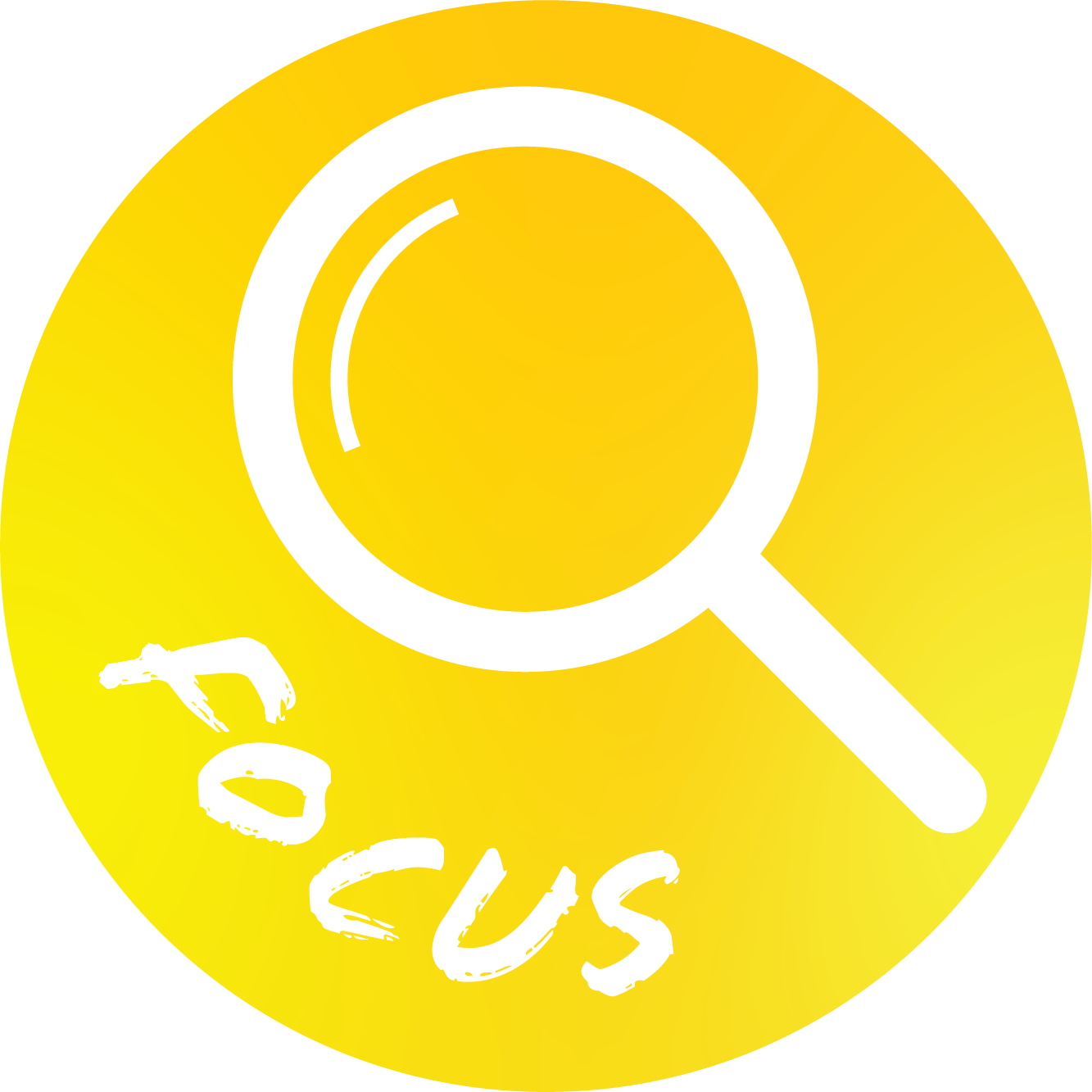Get to know Ejaz our Mental Health Expert

Meet our Mental Health Expert Ejaz
1. Tell us a little about your career journey, highlights and academic background?
My first experience in the field of psychology began back in 2015 where I commenced working at Lifeline as a telephone crisis supporter as I was completing my undergraduate studies in psychology. Providing crisis management in such an acute setting was both quite a confronting and enriching experience. There was something incredibly rewarding about being able to assist people in such critical moments in their lives.
Following the completion of my undergraduate and master's study courses, I commenced working in an organisational psychology role. The role involved working with individual’s who had experienced work and non-work-related psychological injuries, with the goal of supporting them in their recovery and return to work. The role also involved coaching, psychological first aid, counselling and non-vocational support for individuals. I learned many important lessons throughout this time, the primary one being the importance of workplace culture and connection in the health and wellbeing of individuals.
Most recently, I have made the move over to clinical practice where I work therapeutically in a one-on-one setting with a wide range of clinical presentations, including anxiety, depression, interpersonal difficulties and other life stressors.
2. What drew you to a career in psychology and why do you do it?
I have always been intrigued by the different ways that people think, feel, and behave, and how certain ways of thinking and behaving can make people more susceptible to distress and illness. With the rates of mental illness skyrocketing over recent years, I see it as a vital service that can significantly assist people with their difficulties and improve quality of life. I find that it is an incredibly privileged and rewarding position to be in.
3.We hear so much about "Self-Care" these days, what does this term mean to you?
Self-care simply means anything that you do to improve your mental, physical and emotional wellbeing. Your self-care needs may change depending on what you are needing at the time. For instance, when you’re tired, self-care might mean rest and relaxation; when you are needing support, self-care may involve connecting with family and friends. Self-care is different for everyone, do what works for you.
4.What are your 3 top wellbeing/positive mental health tips?
I think the most important tip I can share is to become familiar with yourself. The relationship you have with yourself is the most important relationship you will have. Take time to connect with your mind and body and pay attention to the emotions, images, physical reactions, self-talk, impulses and other sensations that arise. Often times when we are in busy periods in our lives, we are too preoccupied to take the time to connect with ourselves and may fail to recognize signs of distress, which, if left unattended, leave us at risk for more serious mental and physical health issues.
My other top tips are: prioritising quality sleep, spending time in nature and maintaining social connections with loved ones.
Onsite Mental Health Check In's Available
Mental Health Check In
Find the booking link on our wellness focus page




